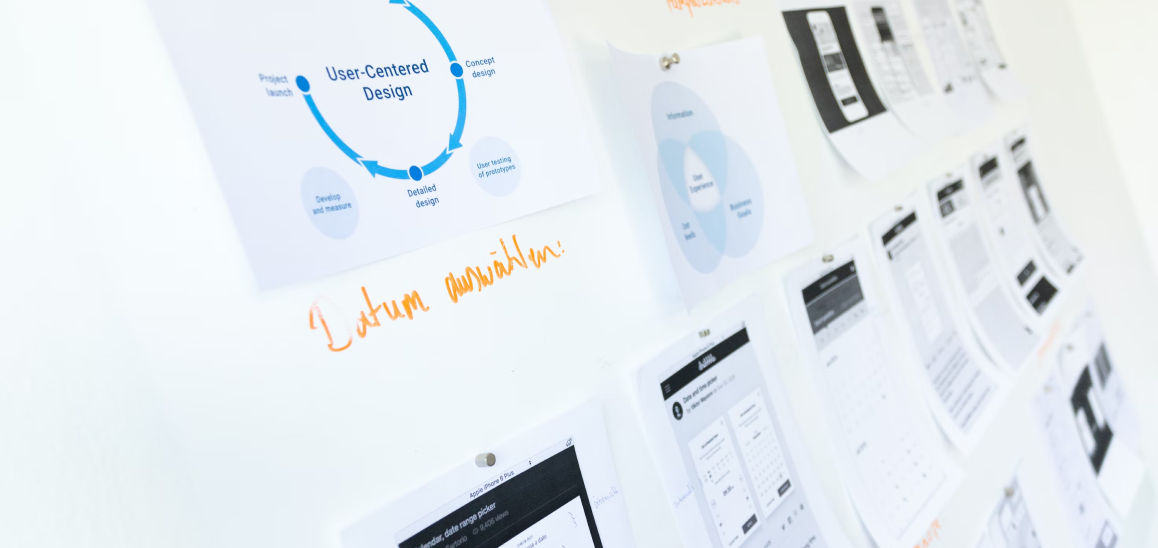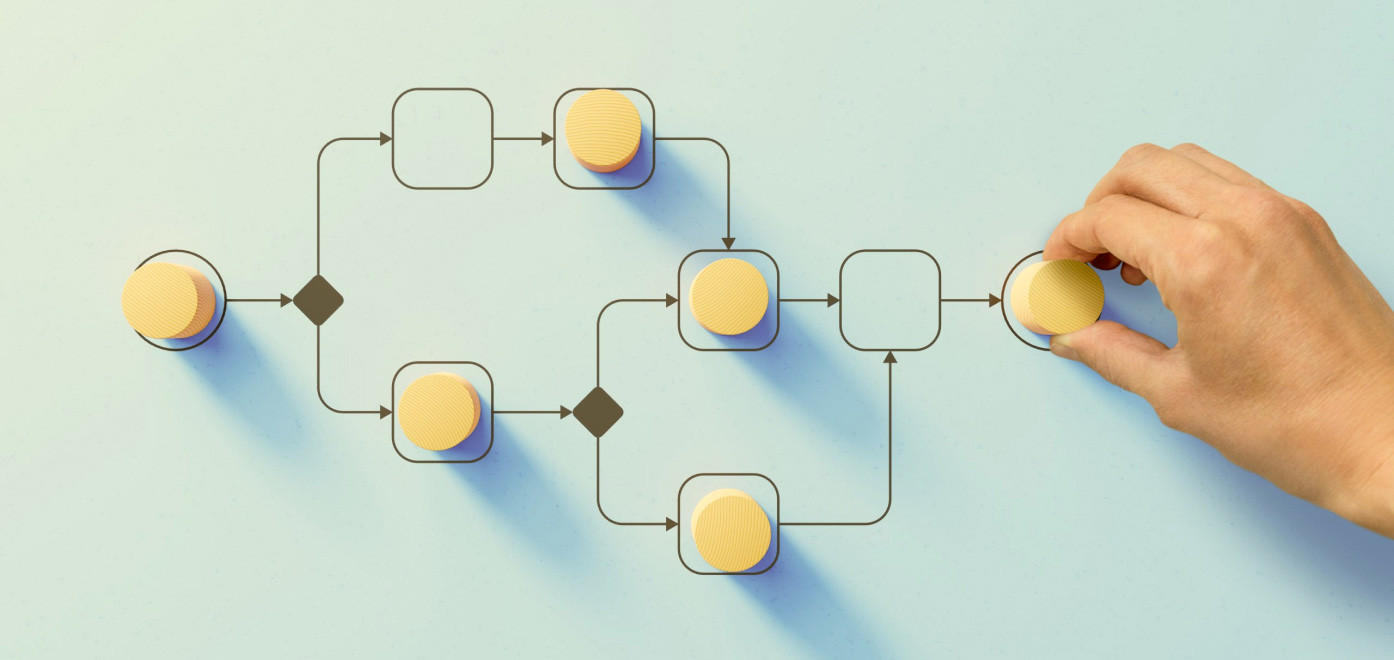we use cookies for a better experience on this website.
okResearch and Discovery: What is this and why do you definitely need them?

The success of the future website largely depends on the completeness of the information provided by the customer and the quality of the preliminary research. Of course, it’s good when a customer knows the needs of his target audience, periodically monitors competitors and works on the uniqueness of his selling offer, but all this knowledge and valuable data needs to be put together and converted into detailed project specifications.
Our task as a development agency is to get all the necessary information from the client and implement it on the website. But such prepared customers are rare. More often, we are approached simply with a request to develop a website or with an idea which should be monetized with the help of the website, but at the same time our clients vaguely imagine how to make the site really work for them and their business.
The way out for such cases is to conduct a preliminary study, which we call the research and discovery phase. Without research, the chances of making an effective site are very small, because you, as a client, will rely only on your experience and opinion, and not on real data. The information that we receive as a result of this phase helps us understand how to make a website: what needs of the target audience should be met and how, how to position it, what language the site should speak to the audience and how to stand out from competitors, as well as all technical questions that will be converted to possible solutions.
The Discovery phase usually consists of online meetings via Zoom during which we decide together on all aspects of a future website. In some cases there might be needed physical meetings or attendance at the client's location, but everything depends on the project and complexity of the future website. It is worth to mention that in the discovery phase should participate only persons from the company who are empowered to take decisions, to avoid uncertainties and misunderstanding in the requirements.
Purpose of Discovery
The purpose of the meetings is divided in 4 big topics to be discussed and decided on:
1. Audience and its interaction with a website
This topic includes everything we should know about your target audience and what will be the customer journey of a user on your website:
- Does your audience need such a website and, if yes, why do they need it?
- How the audience will evaluate and will react to the website: why the website will be liked and why not, how similar sites are evaluated (if there is interaction experience)
- What tasks and how will be solved on the website
- What are the main scenarios for using the website
- What are the expectations from the results of the interaction and behavior of the site.
- What will be the login methods
- How users will be registering on the website
- These and much more questions will be discussed and the optimal answer will be given to them.
2. Main website functionalities
One of the main reasons why we need a discovery stage is that any task or functionality can have multiple solutions and which solution will be used for your website depends on your specific needs, budget and deadline. We will show and tell you all the possible options and scenarios that suit your project, and you choose the functionality that is vital for the project now, or remove expensive functionality that can be postponed to the next development stage.
3. Strategy, goals and website monetization
Besides the main functionalities, we should also decide how the website will be used by your business from a strategic point of view and how in fact you will be able to make money using it.
The goals of a business resource can be completely different:
- sell products or services (for e-commerce)
- attract customers
- present a product or product line
- tell about the service
- collect leads (contact details)
- talk about your company
- build long-term relationships with clients
- inform the target audience
One website can be suitable for several purposes at once, there are also complex individual projects that perform each of the listed tasks. It is very important to correctly determine what kind of result is needed and, on the basis of this information, form the remaining stages of work on the creation of the site.
4. Technical peculiarities
At this point we dive into more technical details and aspects which will be applied on your website. In case you sell products there will definitely be required an integration with a third party system which includes record and administration of products, stocks, quantities, etc.
If you work with clients and their requests, you will need an integration of a CRM system or even link the website to your sales funnel and monitor how your managers interact with customers.
Deliverables of Discovery
Usually the discovery phase takes a minimum 1 month and implies a series of Zoom meetings or offline meetings. After the interaction with a client comes the second part of the discovery, during which our technical manager will write detailed website specifications which will be the results of the discovery phase.
Errors are unacceptable here, since they can appear at any stage and eventually throw the project far back. The qualitative specifications include the main requirements of the project, its capabilities and the way it works, taking into account the analysis of the target audience and competitors, goals and strategy. In fact, all discussions and meetings are carried out in order to draw up a high-quality technical specification and transfer it to specialists.
Only after the discovery is done and specifications are approved by the client, it is possible to make the budget estimation of the project. Even if we participated at the development of your project’s specifications, we do not oblige you to develop the website with us. Having well-prepared specifications you can address it to several web development agencies and get a couple of offers to be able to choose from and see at what price other agencies will estimate your project.
Additionally the specifications are used when you would like to organize a tender and other companies will apply to it. When all things about your website are detailed, described and pointed out in a written document, it will take less time and questions from agencies to estimate the cost for your project.
Conclusions
The Discovery stage is necessary for any project and will help evaluate the entire development of a future site or application. If you already know exactly what you want, then we will help you turn your goals into technical specifications, but if you are only at the idea stage, the resulting specifications can be a good help for the MVP of your future project, to attract investments or possible business partnerships.

